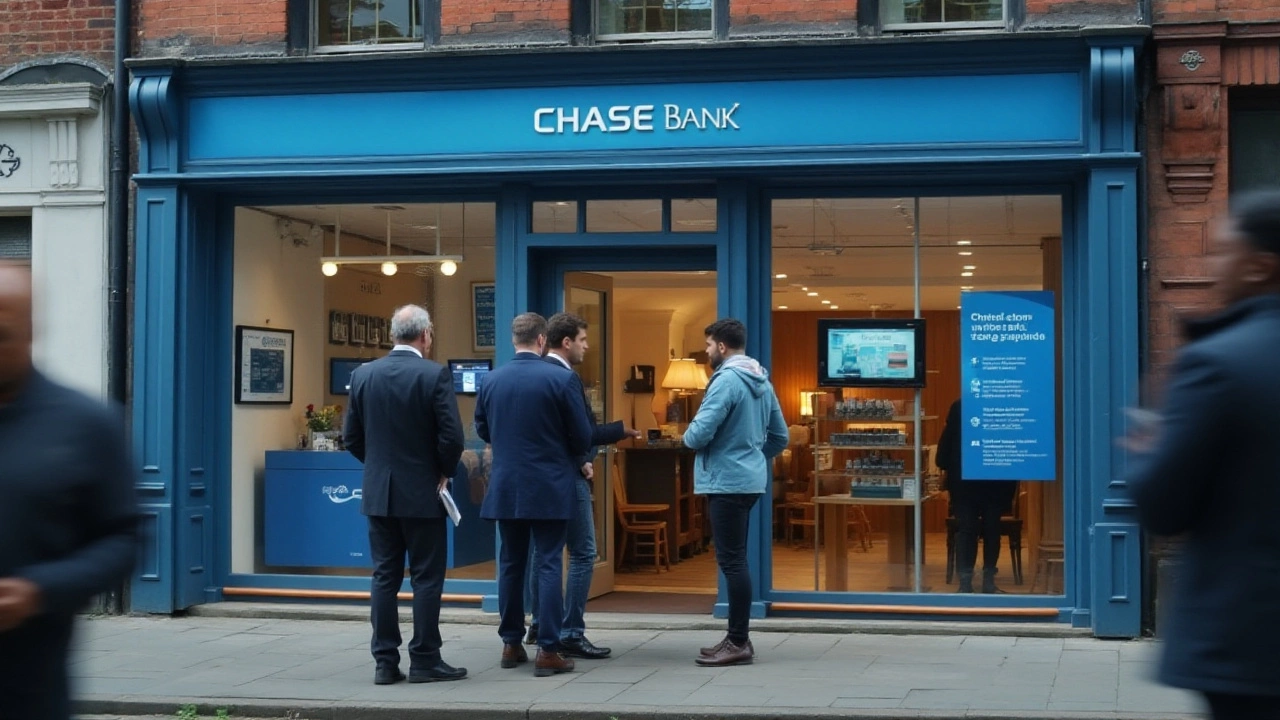Savings Options – Simple Ways to Grow Your Money Fast
Want your cash to work harder? There are several savings options that let you earn more than a basic bank account. Below you’ll find the most common choices, what they offer, and when they make sense. No jargon, just clear advice you can use right now.
Top savings options to consider
Cash ISA – This is a tax‑free savings account you can open with any UK bank. You can put up to £20,000 a year (as of 2025) and any interest you earn isn’t taxed. Look for the highest “cash ISA rate” – some banks now pay close to 5% for new money.
Stocks & Shares ISA – If you’re comfortable with a little risk, this lets you invest in shares, funds, and bonds inside a tax‑free wrapper. Returns can be higher than cash, but you can also lose money, so only use money you don’t need in the next few years.
High‑interest savings accounts – Outside of an ISA, some banks advertise “7% interest” on limited‑time offers. Usually you must lock the money in for 6‑12 months and meet a minimum balance. Check the fine print for early‑withdrawal penalties.
Certificates of Deposit (CDs) – Known in the UK as fixed‑term deposits, CDs lock your cash for a set period (often 1‑3 years). They pay a set rate, so you know exactly what you’ll earn. If interest rates rise, you’ll miss out, but the certainty can be useful.
Emergency fund in a regular savings account – Keep three to six months’ worth of living costs in a easily accessible account. The goal isn’t high returns; it’s quick access without fees. A basic online savings account with no withdrawal limits works fine.
How to pick the right one for you
First, decide when you’ll need the money. If you might need it within a year, an easy‑access savings account or cash ISA is safest. If you can wait longer, a high‑interest fixed‑term account or a Stocks & Shares ISA could give better growth.
Second, think about your comfort with risk. Cash‑based options protect your capital, while investment‑based ISAs expose you to market swings. A mixed approach—part cash ISA, part Stocks & Shares ISA—balances safety and growth.
Third, compare the rates and fees. Use a comparison site or check each bank’s website. Look for any hidden fees, such as transaction charges or early‑withdrawal penalties, and factor those into the effective return.
Finally, set up automatic contributions. Even £50 a month adds up and takes the guesswork out of saving. Most banks let you schedule a monthly transfer from your current account to your chosen savings product.
Putting these steps together will help you choose a savings option that matches your timeline, risk appetite, and earnings goals. Start with the account that feels easiest, then add higher‑yield options as you get comfortable. Your money will thank you.
Does Chase Offer ISA Accounts? Exploring Your Options

Chase Bank, a prominent financial institution, offers a range of savings and investment options, but are ISA accounts part of their portfolio? This article explores the availability of Individual Savings Accounts (ISAs) at Chase, what alternatives they might provide, and how these options compare to other UK banks. Dive into the unique features and benefits of ISAs, and learn how to make the best choice for your savings strategy. Friendly tips and insights will help guide individuals seeking secure and profitable ways to grow their wealth.
Read More >>